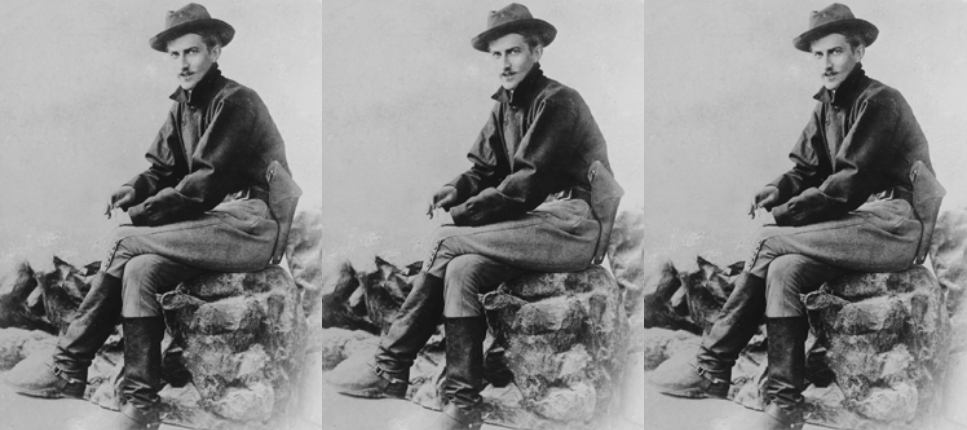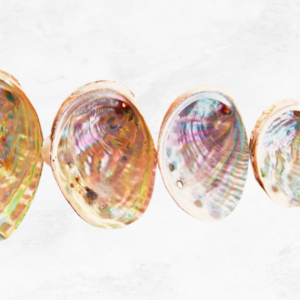Lit Hub Daily: November 1, 2023
THE BEST OF THE LITERARY INTERNET

-
“The American administration, through the mouth of President Biden, says that the Palestinians can’t have their dead and bury them, too.” Fady Joudah offers a Palestinian meditation in a time of annihilation. | Lit Hub
-
Moeen Farrokhi recounts translating Infinite Jest into Farsi, alongside other translators around the world: “It was in these minute ingredients, dissected as if the fate of the world hung in the balance, that we discovered not the Truth, but fragmented truths, reflected in each language.” | Lit Hub On Translation
-
Six former winners of the Cundill History Prize reflect on what the future holds for the next generation of scholars. | Lit Hub
-
Joy Buolamwini exposes the misogynoir of AI. | Lit Hub Tech
-
“Why do historic Russian texts always feel so pressing, so current?” Irina Zhorov considers the first instance of Russian literarature: the autobiography of an imprisoned 17th-century priest. | Lit Hub Religion
-
Salman Rushdie asks what fables can tell us about peace. | The New Yorker
-
“Being a creative person does not have to mean sacrificing everything to appease the demons in your head.” James C. Kaufman on the importance of recognizing everyday creativity. | Aeon
-
“It’s a very particular kind of crime against humanity, and, behind it, lies a story that goes well beyond what is happening in Gaza. Let’s call it colonization by dehydration.” Essays on Palestine by Jaskiran Dhillon, Siddhartha Deb, Hadeel Assali, Bruce Robbins, Andrew Ross, and Nadine Fattaleh. | n+1
-
Signed, sealed, delivered: The private equity firm KKR has completed its acquisition of Simon & Schuster. | New York Times
-
“To know Palestinian history is to experience endless déjà vu.” Esmat Elhalaby on Gaza and the Palestinian poets Muin Bseiso and Mahmoud Darwish. | Public Books
Also on Lit Hub: What to read before and after Orlando, My Political Biography • Seven new poetry books to read in November • Read from Edward Carey’s latest novel, Edith Holler



















